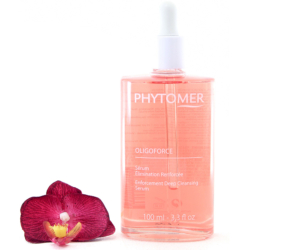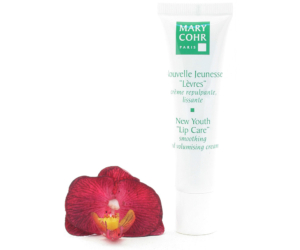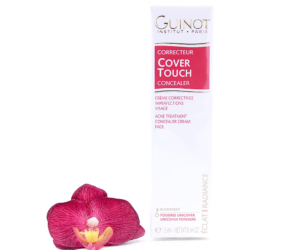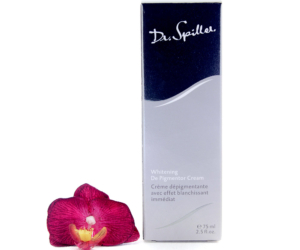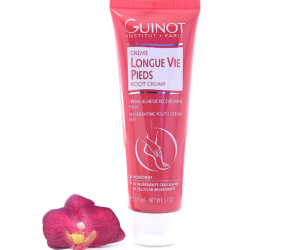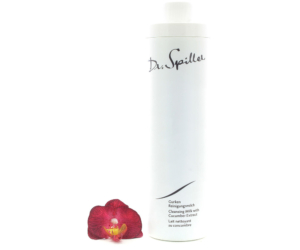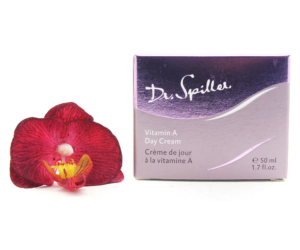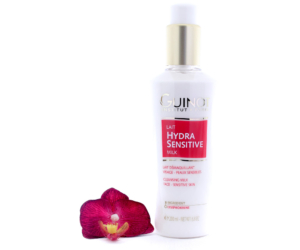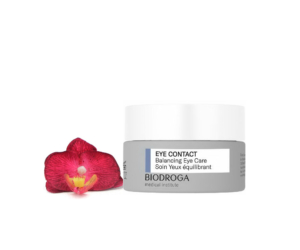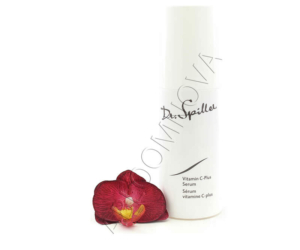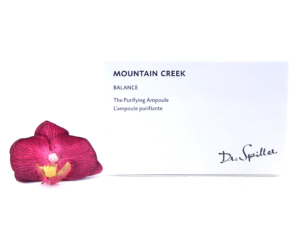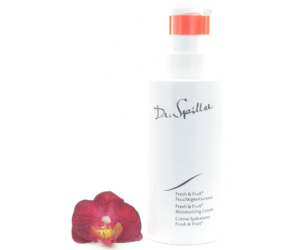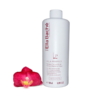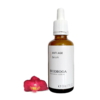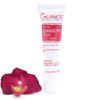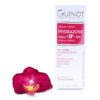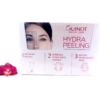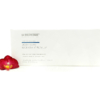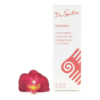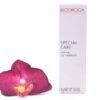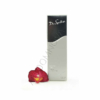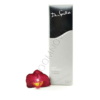Hair care
Curly hair, reverse washing and hydrating conditioner
Co-washing and reverse washing are the new haircare hacks. Co-washing is simply ditching the shampoo and washing with a cleansing hydrating conditioner. Reverse washing is using the conditioner before the shampoo. But why on earth would you do this?
According to Tamara Floyd from Babble, textured hair has a natural tendency to be drier than straighter hair types. The natural oils created by the scalp have a harder time navigating the twists and turns of curly hair. Author Lorraine Massey suggests that all conditioners have a small amount of gentle cleansers and that conditioners can and should be used more than shampoo to clean curly hair. Co-washing is a part of the no-poo movement.
A curly girl has to take measures to ensure that curls stay hydrated. A “no-poo” hair regimen that consists of regular co-washing can create beautifully nourished coils. Some even believe gentle cleansers can prevent split ends and other types of hair damage.
Co-washing is becoming so popular that hair product companies are offering co-washing cleansing conditioners along with gentle sulfate-free shampoos. As a curly girl, I have experimented with co-washing with regularly marketed conditioners and specialty co-washing conditioners.
- Watch those ingredients
If co-washing is a regular part of your hair regimen, stay away from silicones. Many of these ingredients are easy to identify on product labels: look for ingredients ending in -cone. Many silicones are synthetic additives that are not water-soluble, making them harder to wash out without harsh detergents. The end result is yucky build-up on your hair and scalp.
- Co-wash as needed
Depending on your hair type and other factors — such as your schedule and the climate — you can co-wash as frequently as you like. Keep in mind that your hair is most fragile when it’s wet. Be careful in styling and allow your hair time to dry completely before washing again. There is such a thing as over-conditioning, so pay attention to your hair’s feel; if it’s spongy or even mushy, you’re overdoing it.
- Clarify occasionally with a sulfate-free shampoo
This is an important step that some people skip. Your hair and scalp still need a gentle shampoo to adequately cleanse. When I skip shampoo for too long, my scalp itches like crazy. I recommend shampooing weekly or bi-weekly in addition to regular co-washing.
- Co-washing is not for everyone
If you suffer from a scalp condition like dermatitis, co-washing occasionally is okay. But a strict no-poo regimen could make this condition worse. Also, depending on your hair type, you may not see the benefit of co-washing. If you have oily hair, a shampoo is needed to remove excess oil, as co-wash can add extra oil to the hair.
- A co-washing cleansing conditioner might not be enough
I feel like including the term “cleansing” or “cleanser” on the bottle of co-washing conditioners can be a little deceiving. There are certain properties that shampoos or cleansers have that are absent from some co-washing conditioners. For example, many shampoos are formulated with a low pH. The acidity of shampoo raises the hair cuticle, making it easier to remove dirt and product buildup. Shampoos also have detergents that clean the hair and scalp. Some co-washing conditioners exhibit some of these properties, but not all, so check labels for what you want.
For an ideal conditioner to introduce to your reverse washing regime, we love Davines Naturaltech Nourishing Vegetarian Miracle Conditioner 1000ml, which is a truly effective conditioner for dry hair and damaged hair. This moisturises hair in depth making it soft and shiny. It improves compatibility and helps make the hair structure even.
This conditioner contains natural active ingredients which include:
- Açai oil – strong conditioning and protective action (silicon like).
- Grape phytoceuticals – rich in polyphenolss with a strong anti-oxidant action.
- Passiflora oil – strong conditioning and protective action (silicon like).
- Rice oil – strong conditioning and protective action (silicon like).

 Français
Français Русский
Русский
